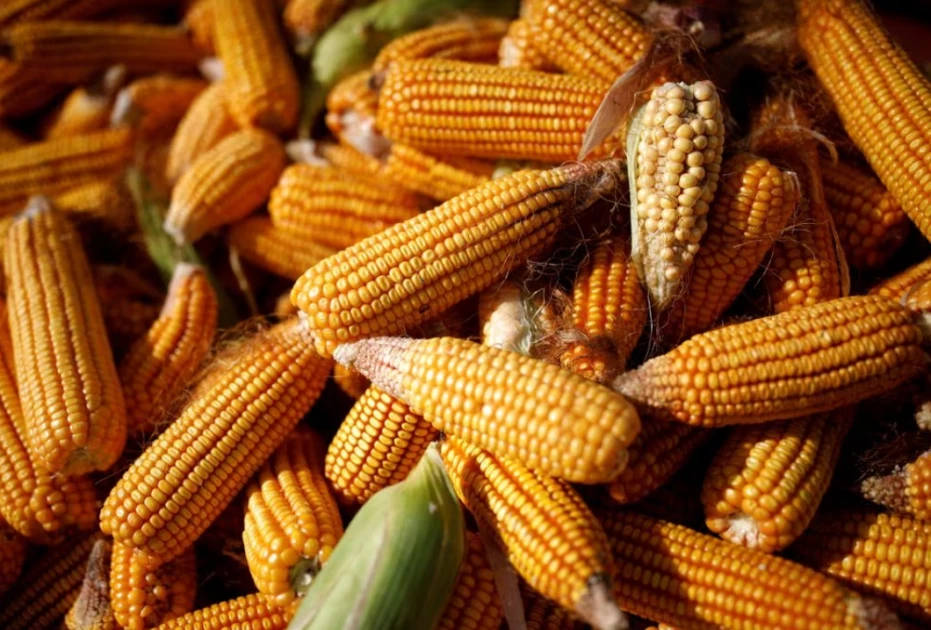Kenya’s journey towards food security and resilience has taken a significant step forward as experts and academics unite to champion the implementation of Genetically Modified Foods (GMO).
The call for embracing this technology comes in the wake of a recent court decision permitting GMO imports to alleviate food shortages and secure the nation’s future.
Read also: Israeli Military Provides Evidence on Gaza Hospital Blast
Jackline Koin, a Resilience Ambassador for the Alliance for Science, addressed the need for a better understanding of GMOs.
She stated, “When we talk about GMOs, it is a touchy debate. We should walk towards demystifying what GMOs are, and to realize that scientists have done a lot of research into them.”
Koin went on to acknowledge the controversy surrounding GMOs, attributing some of it to a fraudulent article from France that influenced a past ban on GMO crops. She emphasized that extensive research supports the safety of genetically modified foods.
![The far bowl on the right contains Golden Rice, an example of biofortification using genetic engineering. The golden color of the grains comes from the increased amounts of beta-carotene.[photo/Courtesy] GMO](https://news.switchtv.ke/wp-content/uploads/2023/10/00361775_4bac77c16d6ae411a5dba2446a8aa91a_arc614x376_w735_us1.jpg)
George Abong, Chair of the Department of Food and Science at the University of Nairobi, echoed Koin’s sentiments, emphasizing the importance of knowledge and care when using GMO technology.
He said, “In trying to use this technology, knowledge applied properly is key. If the climate is getting warmer, we need to understand what type of crop or animal will thrive better, and with that information, we begin to prepare ourselves.”
Richard Oduor, Chair of the Kenya University Biotechnology Consortium (KUBICO), highlighted that Kenyans’ reluctance to explore new food sources contributes to food insecurity.
He noted that alternative crops like cassava, sweet potatoes, and sorghum offer the same nutrients as maize, which is often in short supply.
Oduor said, “In the instance that there is no maize in the country, we claim that there is food insecurity, yet there is cassava, sweet potatoes, and sorghum all of which provide the same nutrients.”
Lucy Sembei, Programme Manager for Food Security at Kenya Red Cross, urged a shift in attitudes toward farming and agriculture. She stressed the importance of educating and engaging the younger generation in farming and making expert information more accessible.
Sembei stated, “Our parents defined farming as an indication of failure. The people that are really passionate and engaged in farming are actually phasing out. Who will we hand this baton to as we move forward as a country?”
Subscribe to Switch TV
The recent Kenyan court decision to allow the importation of genetically modified foods was prompted by food shortages and farmers’ inability to meet the population’s needs. The decision dismissed claims that GMOs are unsafe, paving the way for greater utilization of this technology.
The experts’ unanimous call for informed adoption of GMOs aligns with Kenya’s pursuit of food security and agricultural resilience in a changing climate.
















